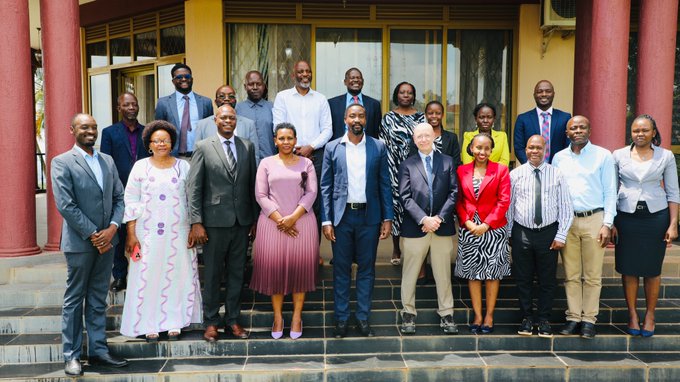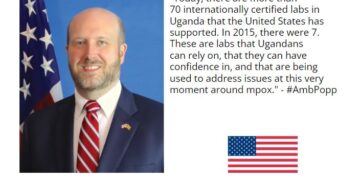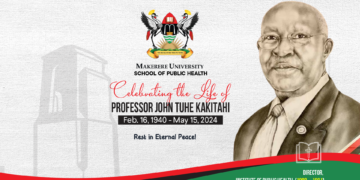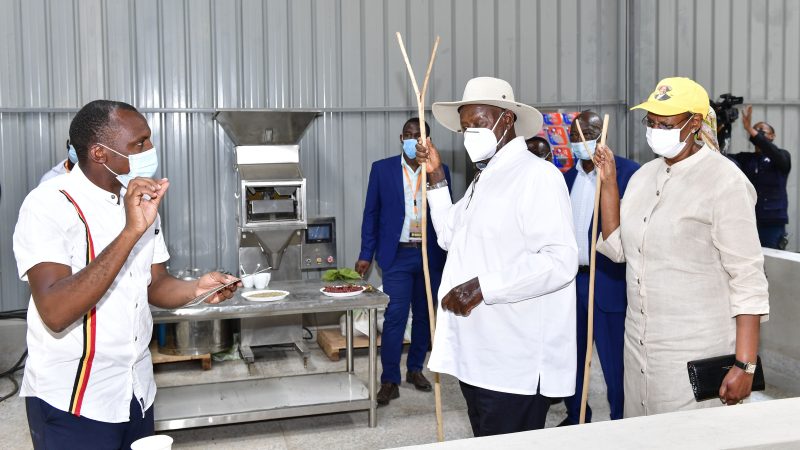Jinja, Uganda – The National Planning Authority (NPA) of Uganda, in partnership with the Ministry of Health, is launching a research project targeting to combat neonatal sepsis and spina bifida in the Busoga subregion.
In this collaborative effort, the ambitious initiative has been blessed by the Kyabazinga of Busoga, Wilberforce Gabula Nadoiope IV, during a meeting at his Palace yesterday.
The research project is set to run up to 2028 and has been generously funded by the prestigious National Institute of Health and the Gates Foundation.
According to information obtained from the NPA X handle, the project aims to unravel the risk factors associated with neonatal sepsis.
It will also aim to explore the role of genomics and assess the potential impact of food fortification in mitigating this critical health challenge.
Neonatal sepsis, a life-threatening condition that affects newborns, poses a significant risk to infant health and contributes to neonatal mortality rates, especially in the Busoga sub-region.
Dr. Eng. Abraham Muwanguzi, the Manager for Science Planning at NPA, expressed the urgency of addressing neonatal mortality:
“This research is a crucial step towards developing targeted policies for preventing neonatal sepsis and spina bifida at the community level,” he said during a meeting with the Kyabazinga.
He added that by delving into the genomic aspects and exploring innovative solutions like food fortification, the project results would significantly reduce neonatal mortality and enhance the overall health outcomes for infants in Uganda.

This website understands that the project will be led by the NPA secretariat in conjunction with the Ministry of Health.
Dr. Steven Schiff from Pennsylvania State University and Dr. Eng. Abraham Muwanguzi will spearhead the research as principal investigators.
Their expertise and leadership will be invaluable to the endeavor, bringing together international collaboration and local insights.
The study’s outcomes are expected to create pathways for evidence-based policy development in maternal health, directly impacting neonatal health initiatives in Uganda.
The community-level focus of the proposed policies, in particular, aligns with the broader vision for holistic healthcare solutions, ensuring that vulnerable populations receive the attention and care they urgently need.
According to the latest statistics by UNICEF, children in Uganda face the highest risk of dying in their first month of life at an average global rate of 18 deaths per 1,000 live births in 2021, down by 51 percent from 37 deaths per 1,000 live births in 1990.
The Neonatal period refers to the first 28 days of life, known to be the most vulnerable time for a child’s survival.














































